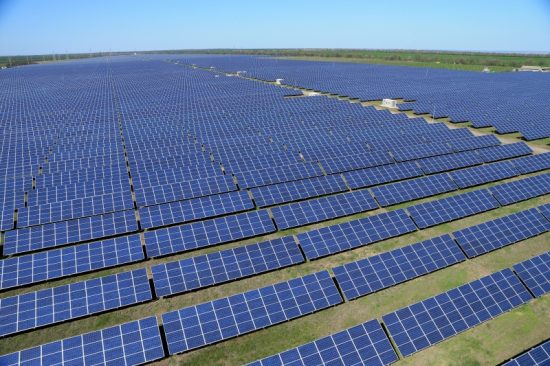
The initiative is one aspect of the President’s initiative to combat climate change under a program called Solar Ready Vets. The program will be run through the Department of Defense and the Department of Energy by giving training to former military personnel to gain skills needed to work in the clean-energy industry. It hopes to train the 75,000 veterans by 2020 to help combat climate change.
There is a current boom in the US solar industry. The industry has added more than 30,000 new jobs over the last two years, with an additional 36,000 jobs expected to be created in 2015. Much of this has been precipitated by the costs of solar falling with technological advances and wider acceptance of solar as an energy source.
Last week, the Obama administration announced its hope to reduce greenhouse gas emissions by 28% below those of 2005 within the next 10 years. To achieve this goal, the Solar Ready Vets initiative will play a major role by ensuring there are enough highly qualified workers to supply the workforce needed to achieve the emission reduction goals.
This is not the first initiative to increase the workforce in the solar industry. The administration previously announced an initiative to train 50,000 new solar workers by 2020 with the help of 400 community colleges across the US. The program is run through the Department of Energy and called the SunShot Initiative. The White House says this program has already trained more than 30,000 workers.
The initiative also comes at a time when there is a growing skills gap for the solar industry. Part of the issue is many skilled laborers who found jobs in solar energy when the housing bubble burst are now heading back there as housing begins to rebound. This has squeezed the available talent for the solar industry workforce, making it difficult for the industry to continue to grow due to the lack of qualified applicants. The Solar Ready Vets initiative should help to lessen this skills gap in the years to come.
The White House and the military see this a win-win situation for all. It should provide work for military veterans who often have a difficult time finding jobs in the civilian workforce when they leave the military, while also providing clean-energy a skilled workforce so it can continue to grow. It also makes sense since the skill sets the military teaches compliments what is needed in the solar industry.
(Photo courtesy of Activ Solar)
Comments